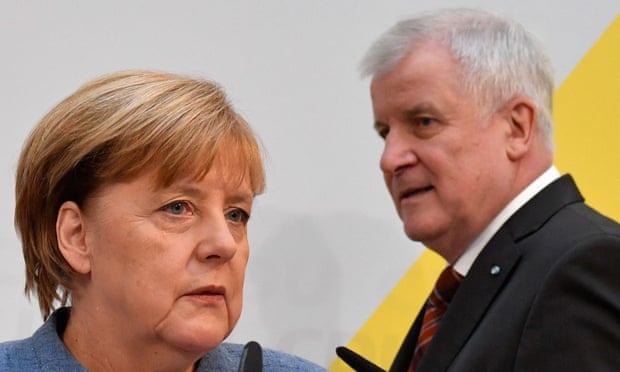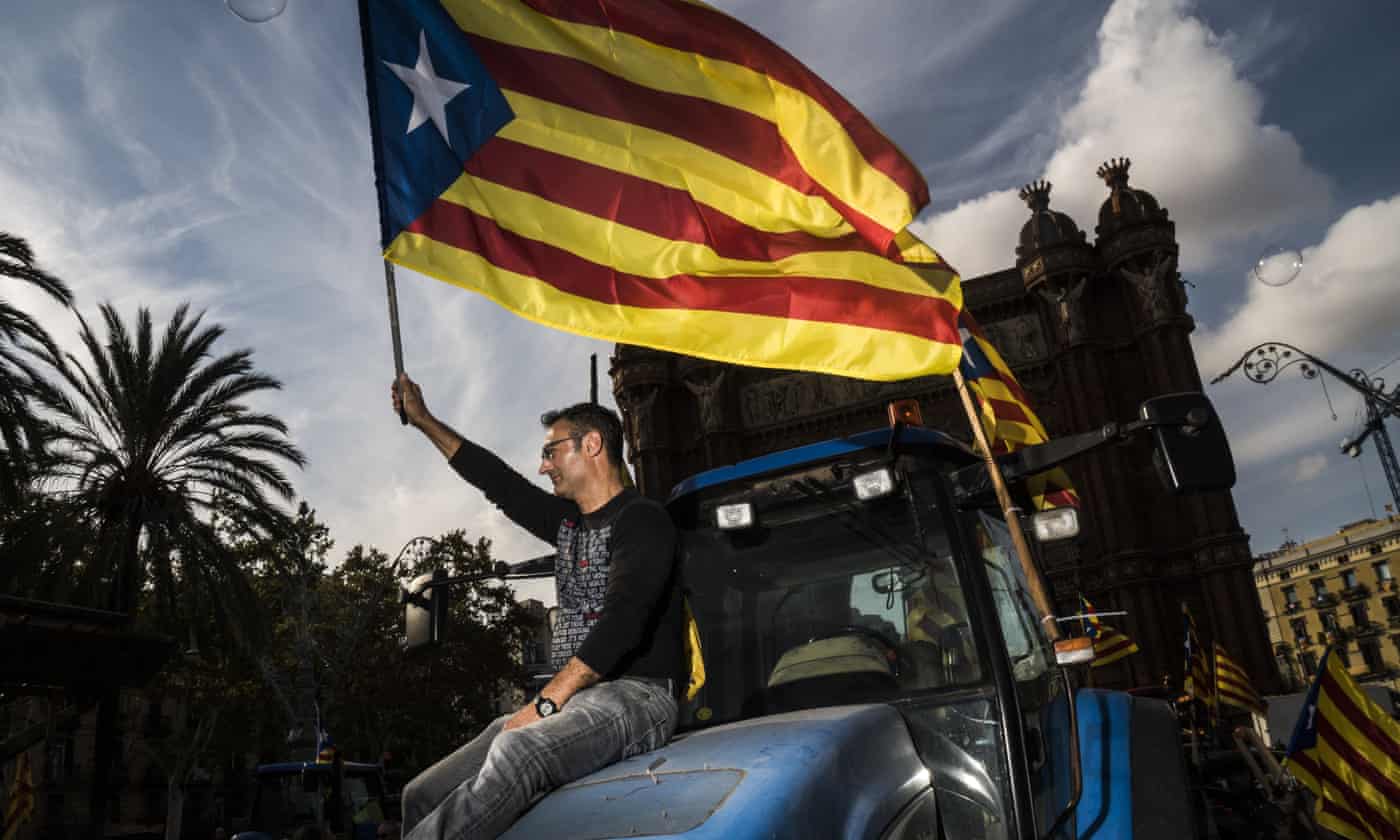By Jenilyn Brhel
Impunity Watch Reporter, Europe
LONDON, England – Hate crimes are on the rise in the United Kingdom, according to authorities.

The rise comes following Britain’s vote to leave the European Union in 2016 along with a wave of extremist attacks since then.
Between 2016 and 2017, there were 80,393 reported offenses, compared to 62,518 between 2015 and 2016. This 29 percent rise is the largest since official hate crime figures were published five years ago.
The crimes spiked surrounding significant events such as the European Union referendum, known as “Brexit,” and extremist attacks on the Westminster Bridge, Manchester Arena and the London Bridge.
Last year’s Brexit campaign was supported by many right-wing and nationalist groups. The vote spurred concerns that minorities and immigrants would be susceptible to hate crimes as a result.
Of the crimes reported, approximately 80 percent were based on race, 10 percent on sexual orientation and 7 percent on religion. A number of these crimes were recorded as disability hate crimes and others as motivated by transgender hate.
The rise in figures may partially be attributed to the broadened definition of what constitutes a hate crime. Hate crimes are now categorized if victims of verbal or physical assaults consider them as such. Public awareness and increased reporting may also be a factor, as authorities are also considered better able to record and document such incidents.
Amber Rudd, Home Secretary, said that “no one in Britain should have to suffer violent prejudice, and indications that there was a genuine rise in the number of offenses immediately following each of this year’s terror attacks is undoubtedly concerning.”
Governmental funds are being designated to protect places of worship and support community projects.
Tougher sentences are being handed down by courts dealing with hate crimes. The Crown Prosecution Service published data showing that sentences increased if the crimes were motivated on the grounds of race, religion, sexual orientation, gender identity and disability.
However, the number of cases being prosecuted has dropped from 15,542 between 2015 and 2016 to 14,480 between 2016 and 2017.
“We must continue to encourage all those affected by hate crimes to speak out, and in doing so send a clear message that hate and prejudice can have absolutely no place in modern Britain,” said Mustafa Field, director of the Faiths Forum for London.
For more information, please see:
BBC – Rise in Hate Crime in England and Wales – 17 October 2017
The Guardian – Hate Crime Surged in England and Wales After Terrorist Attacks – 17 October 2017
The New York Times – U.K. Reports Big Rise in Hate Crime, Citing Brexit and Terrorist Attacks – 17 October 2017
The Washington Post – Britain Reports Hate Crimes Spike After Brexit Votes, Attack – 17 October 2017



